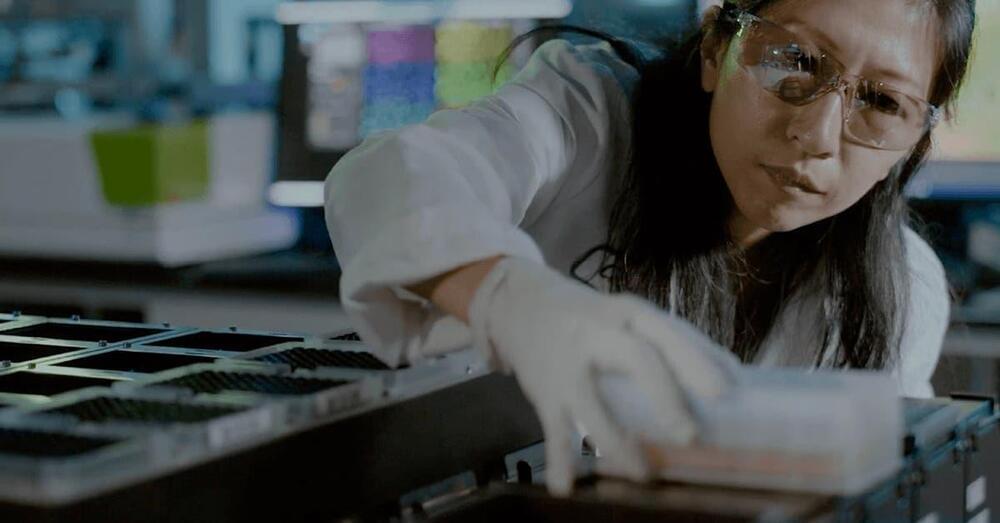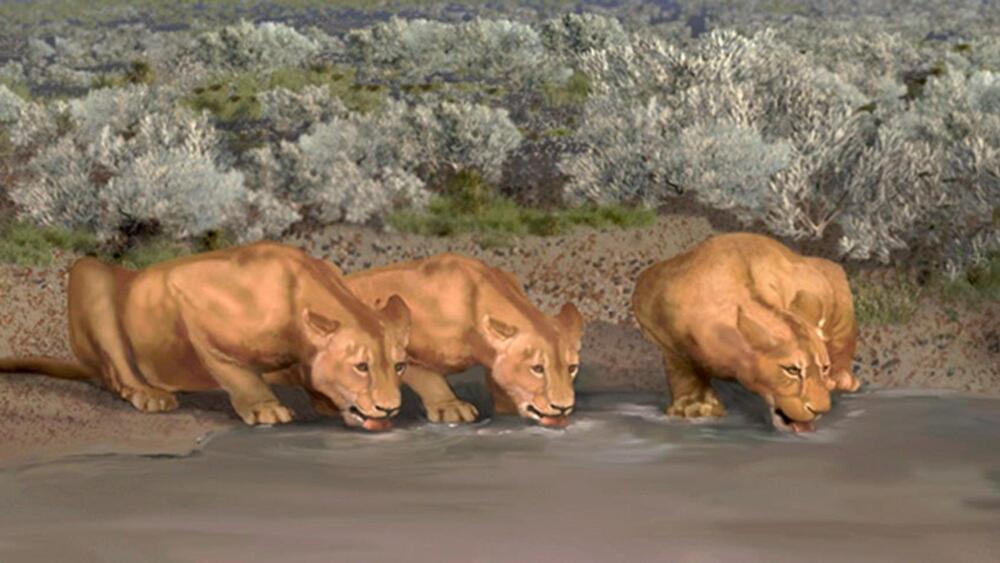The misunderstood mineral pyrite is hiding a big secret.
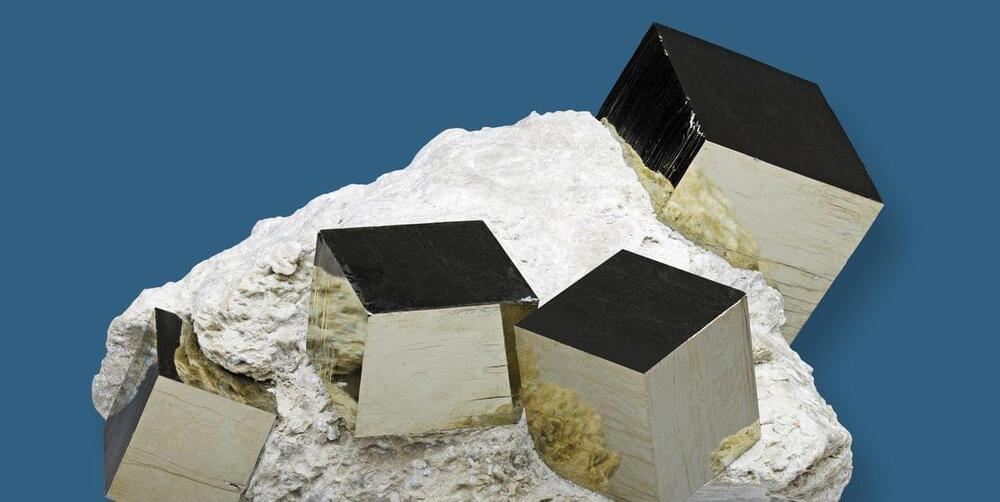



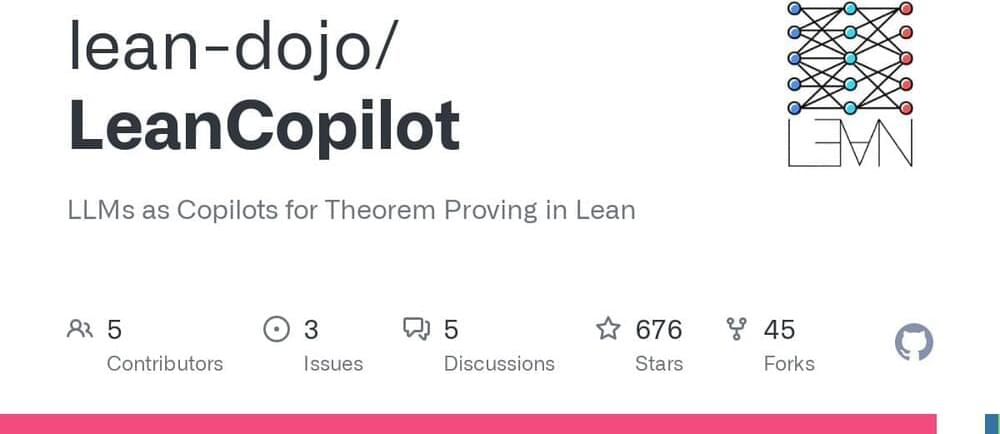
From UC santa barbara & caltech towards large language models as copilots for theorem proving in lean.
From UC santa barbara & caltech.
Towards large language models as copilots for theorem proving in lean.
P Song, K Yang, A Anandkumar [UC Santa Barbara & California Institute of Technology] (2024) https://arxiv.org/abs/2404.
- The goal of this work is to…
LLMs as Copilots for Theorem Proving in Lean. Contribute to lean-dojo/LeanCopilot development by creating an account on GitHub.
Forget painting the town red. Revelers wanting to escape the heat may be adopting a new turn of phrase following the recently revealed results of a real-world study.
As detailed by Phys.org, NTU Singapore researchers found that using “cool paint coatings” in urban areas resulted in pedestrians feeling 2.7 degrees Fahrenheit cooler — helping to mitigate the dreaded heat island effect.
“This is a minimally intrusive solution for urban cooling that has an immediate effect, compared to other options that often require major urban redevelopment to deploy,” lead author Dr. E V S Kiran Kumar Donthu told the outlet.


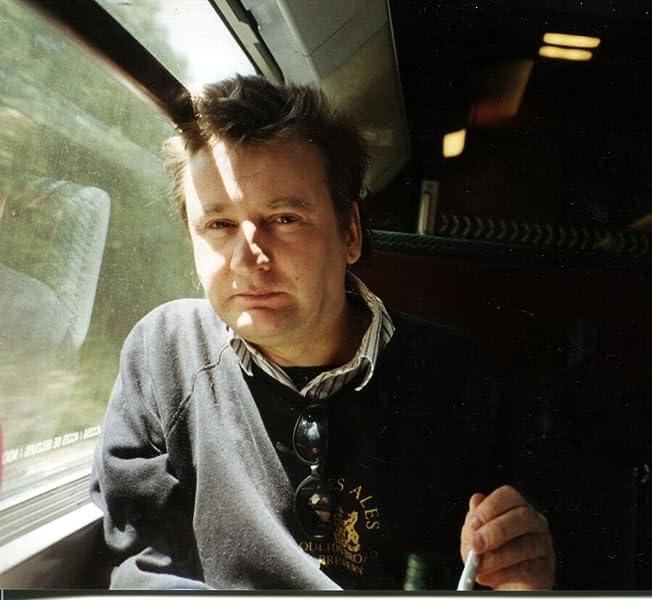
Posthuman Psychology is now out in paperback — https://www.amazon.co.uk/Posthuman-Psychology-Historical-Gen…p_swatch_0 — review copies (printed not for resale as in photo) are possible, also quantity discounts — please message me.
Buy Posthuman Psychology: Part One — Historical, General and Introductory by Nichols, Steve (ISBN: 9798637459223) from Amazon’s Book Store. Everyday low prices and free delivery on eligible orders.
